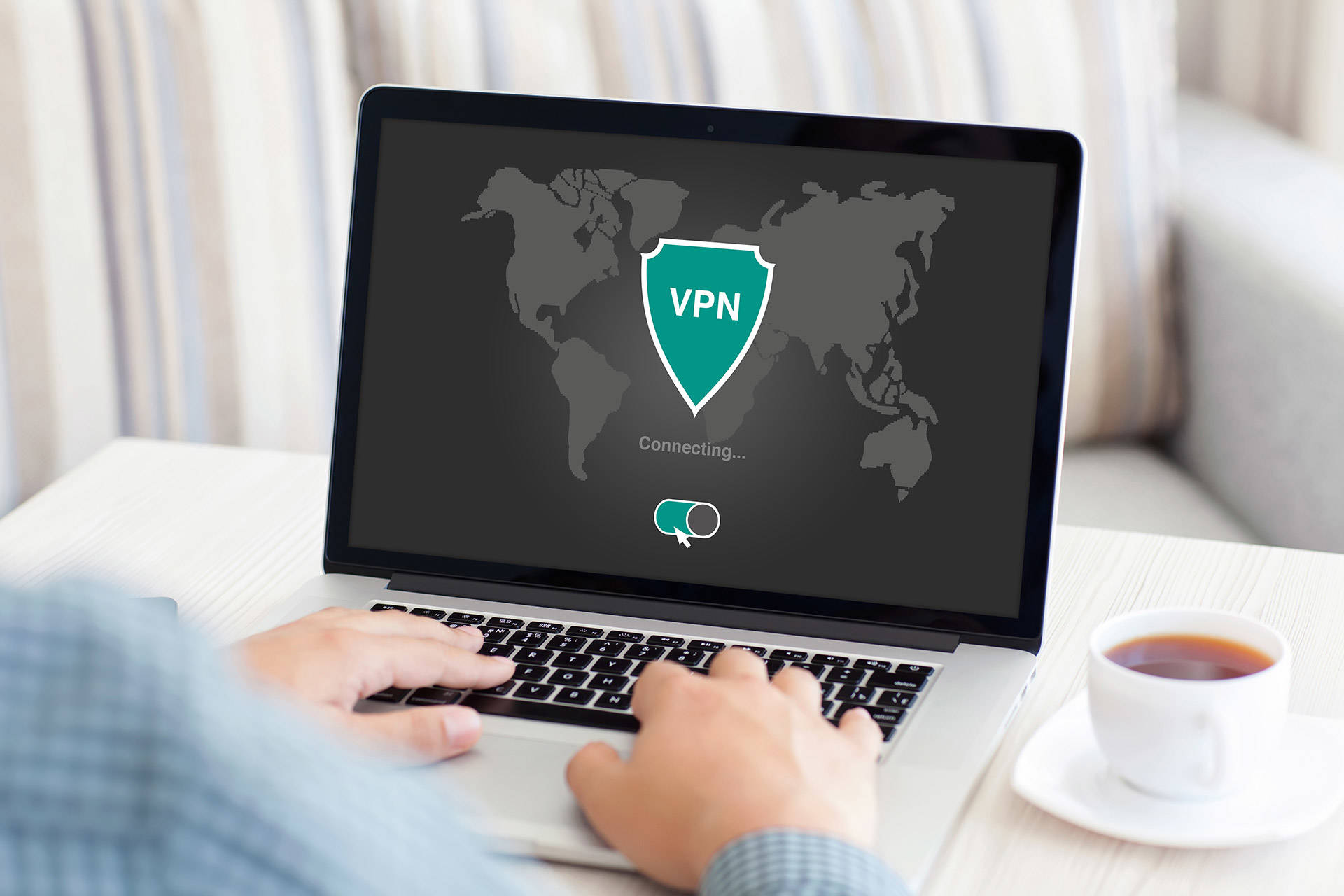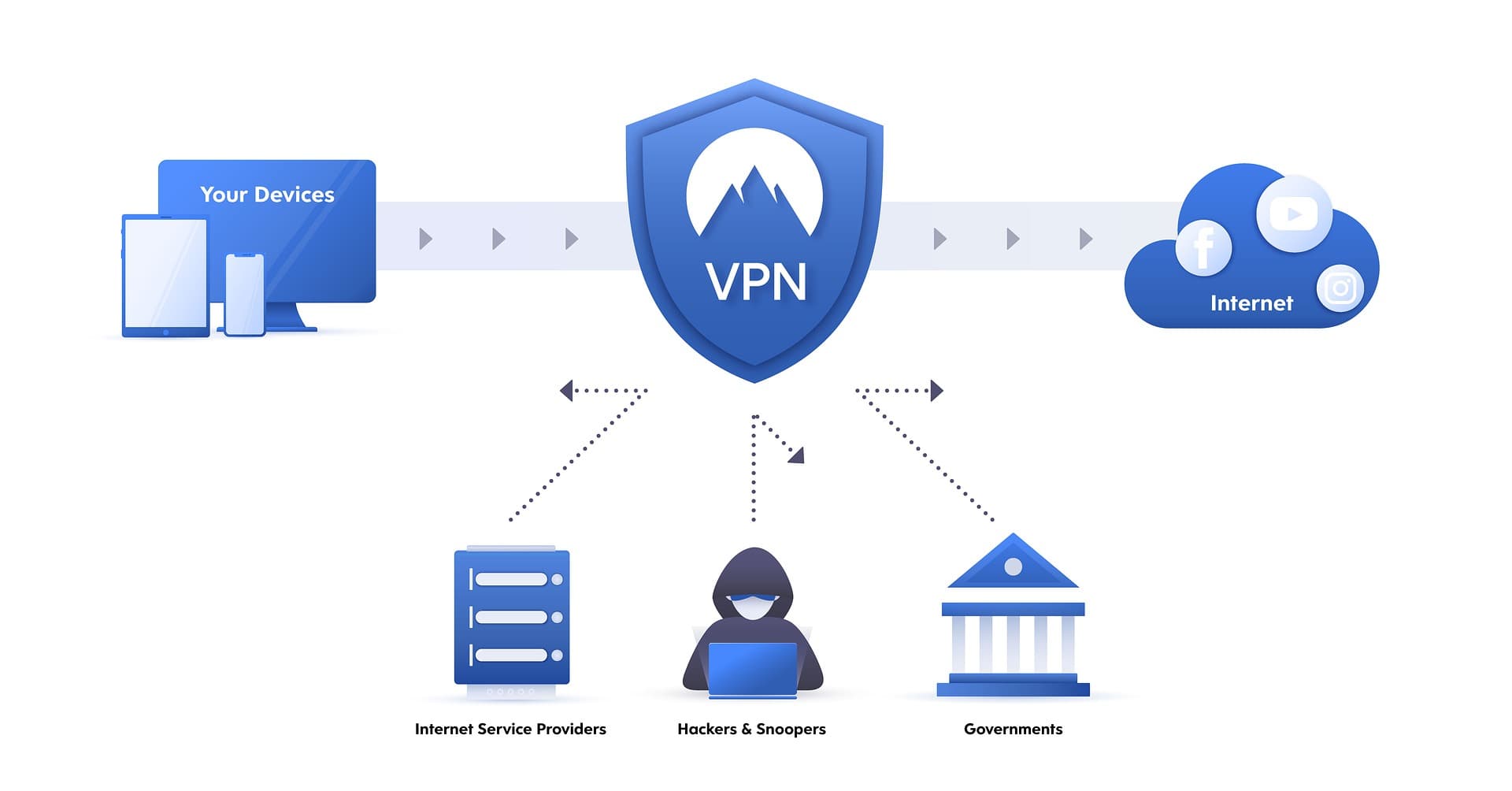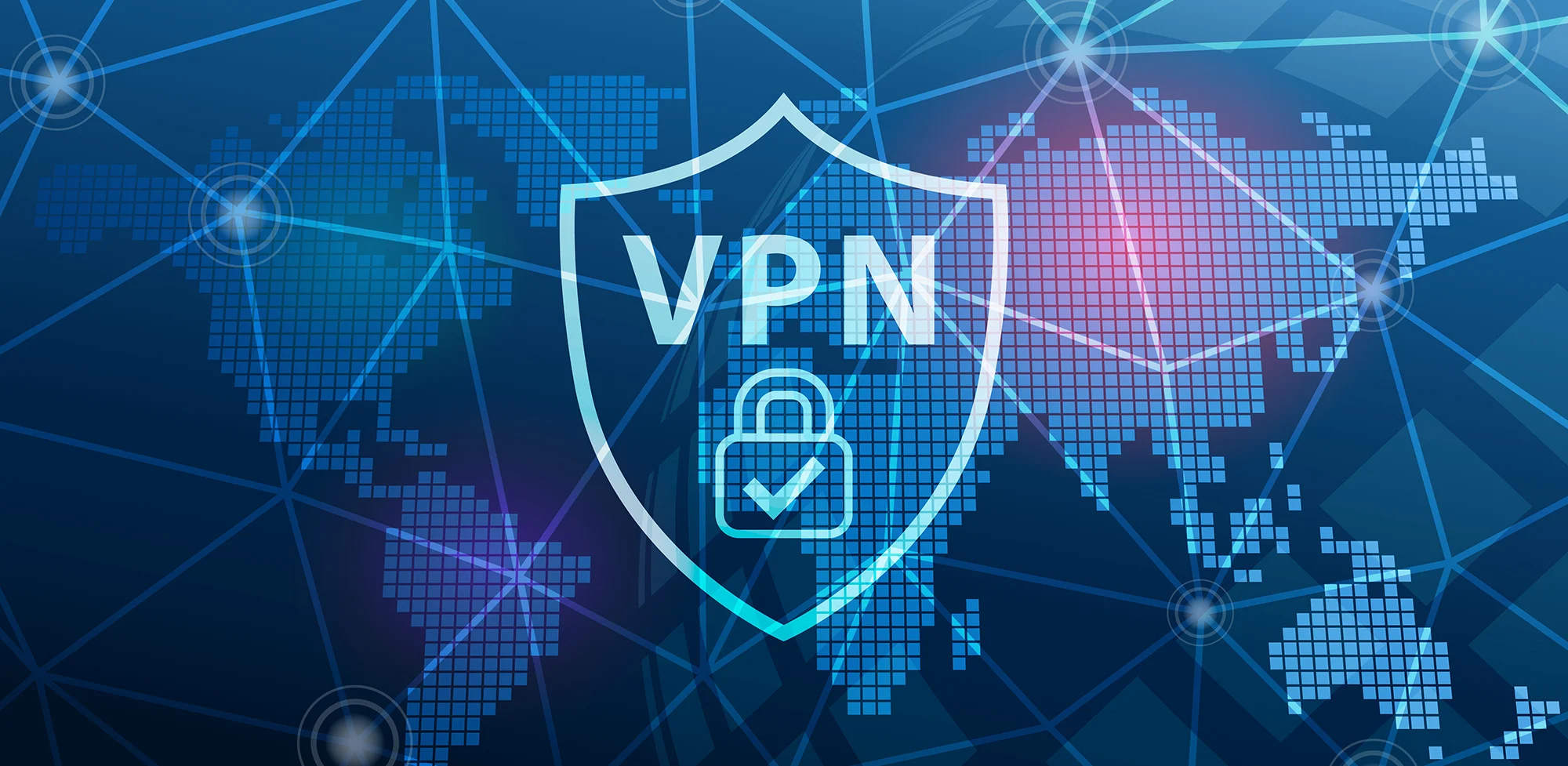VPNs are a very useful tool that, however, few people know. In this article we will try to explain in a simple way how a Virtual Private Network works and what advantages it can bring
Do you know what the internet is? It is none other than a set of PCs connected to each other. Nothing more. In fact, the structure of the World Wide Web is much more complex. Essentially our data, when sent across the network, is encapsulated in packets and then sent to the destination.
However, the journey is not direct. In order to actually reach the destination our packages go through many steps intermediate and can easily be intercepted and filtered. In fact, in addition to our data, packets include a lot of additional information including destination, source and many more.
This mechanism allows packets not to get lost within the network and to find a way to create a bilateral communication channel between the two parties. However, using the public network, you also expose yourself to many security risks. In fact, even if our data can be encrypted, relying on the public network we must always make visible additional information such as IP addresses.

How does a VPN work?
A VPN, which stands for Virtual Private Network, is one of the most popular ways to overcome the limitations linked to the traditional ISO / OSI stack on which the Internet rests. The VPN creates a sort of preferential and secure course to be able to exchange data on the web, using a technique called tunneling. Basically when we use a VPN service, our PC connects to a server of the provider. The packets generated by our PC come encrypted and encapsulated inside anonymous packets, directed to the VPN server. Once there, they are unpacked and redirected to their original destination with a mirror procedure.
What is the benefit of this approach? Basically who observes the encapsulated packets can in no way understand what their content is, including the surrounding information. When they then restart from the VPN server, they will appear as starting from it, losing any reference to the initial source. The server will be responsible for managing the sorting of packets, but this happens privately. In essence, the VPN creates a parallel communication channel, taking advantage of the internet network.

What is it for?
Technicalities are okay, but what purpose should I use a VPN for? First of all a connection via VPN is completely anonymous and secure. Nobody will know what you are doing or who you want to communicate with. Any hackers interested in intercepting your packets will not be able to. Without knowing the true origin and destination of packets, an attack cannot be made. End-to-end encryption also makes sure to hide data as well.
What are the benefits?
Leveraging a VPN will soar the security of your connection. Many companies use VPNs for intra-corporate communication in order to take advantage of the Internet in a completely secure way. But nothing prevents even the most privacy-conscious individuals from using it.
A second very important application is that of by-passing any filters. In fact, there are many territorial blocks, created by governments or companies, to prevent certain contents from being visible in all countries. Thanks to VPNs, however, we can hide our IP address and therefore our location remains secret. It all depends on the location of the provider’s servers. This way we can pretend to be in any country in the world – or almost, it depends on the quality of the service – and therefore circumvent any territorial blockade. It is not just about seeing protected content, but also about accessing otherwise inaccessible websites. If you are visiting a foreign country for work or leisure it can be very useful!

An advice
Choosing a VPN may not be easy, and there are so many factors to consider. The performance of a VPN it depends on the number and geographical coverage of the servers: a provider with a large number of servers located all over the world will allow a service that is always fast and efficient. VPN services usually pay for themselves and therefore also the costs must be evaluated carefully. For a very good quality and value for money VPN service, download Surfshark. Surfshark uses 3200 servers in 65 countries around the world. It is also compatible with virtually any browser and operating system, including Linux-based ones and those for mobile devices.
The VPN is a very useful tool for maintaining a high level of security, but it is also a tool for protecting our freedom on the web. That’s all from the web and social section, keep following us!
















Leave a Reply
View Comments